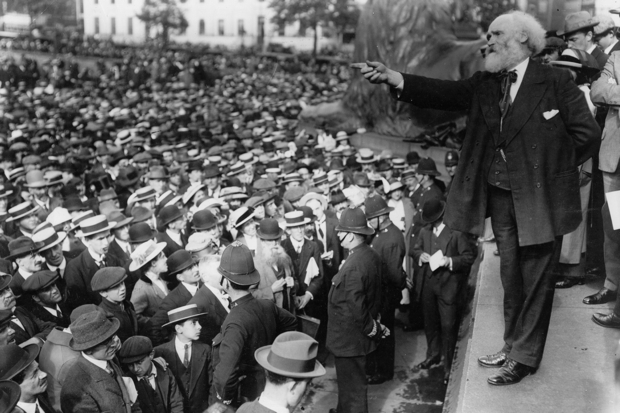Already a subscriber? Log in
Election special offer
The stage is set. Grab a front-row seat with The Spectator. Subscribe and get 3 months for just £3 – plus a free election mug.
- Weekly delivery of the magazine
- Unlimited access to our website and app
- Spectator newsletters and podcasts
- Our online archive, going back to 1828







Comments
Want to join the debate?
Only subscribers can comment. Sign up and – in the run-up to the election – you’ll get the next three months for just £3.
CLAIM OFFER 3 months for £3Already a subscriber? Log in